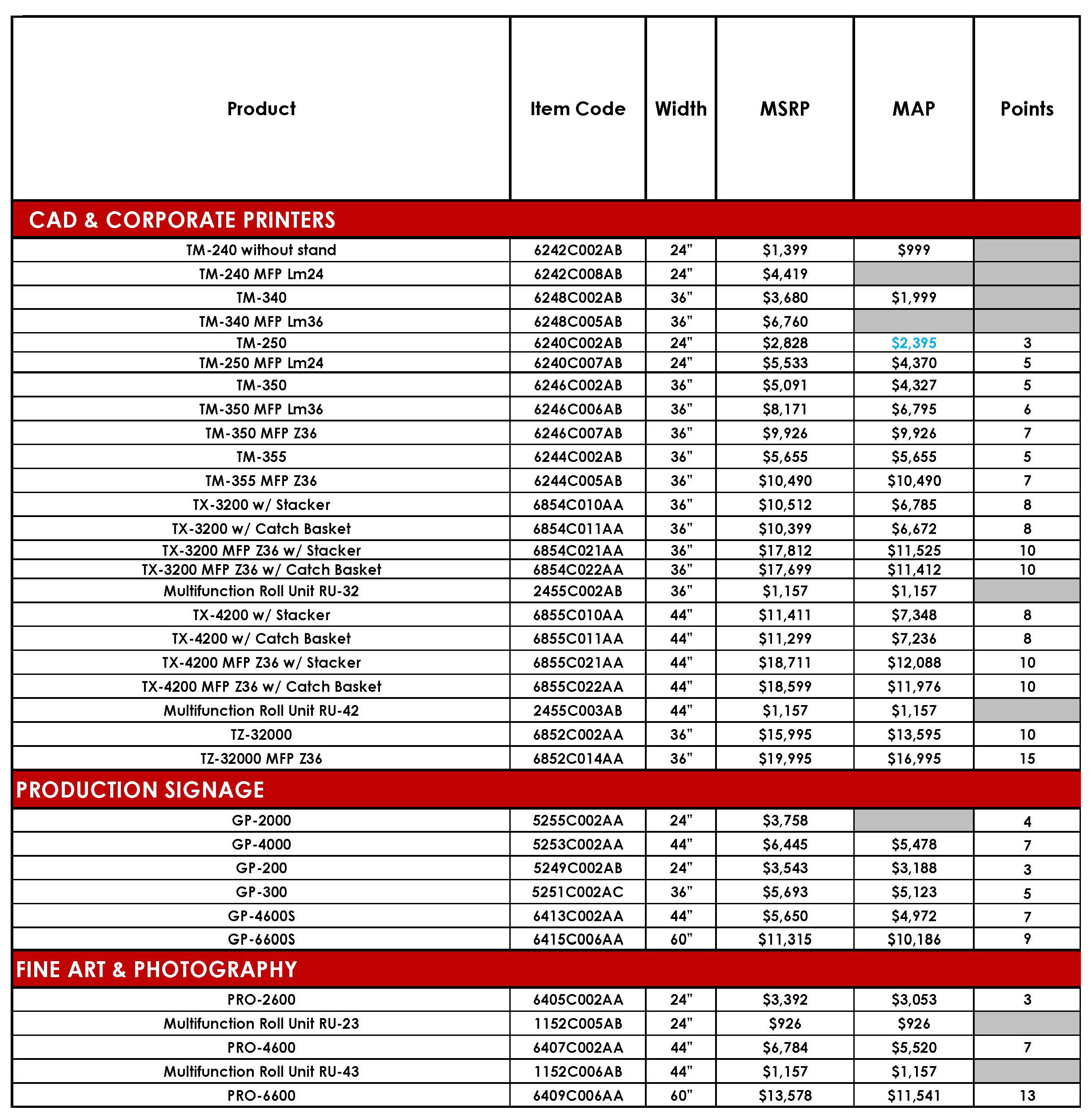Today, there are a wide variety of dangers lurking online. From ransomware to spyware, hacks and attacks; they can happen to any business regardless of size. When it comes to cybercrime, every member of your organization from your IT team, to your receptionist should be aware of, and be able to recognize, the signs that your network may be at risk.
Here are seven common signs that your network may have been hacked.
- Fake Antivirus Messages – These are a common sign you’ve been hacked. Know which antivirus software you’re using and what an authentic alert looks like. Don’t click on any suspicious pop-ups. It’s often a scam to get financial or personal info.
- Unusual Disk Activity – If your hard drive is constantly spinning, or your cooling fan whirs non stop, it could be malware searching for data to corrupt or steal.
- Friend or Business Contacts Receive Strange Messages From Your Email Account – This is a sign that you’ve been hacked or spoofed. A program has corrupted your drive and is using your contact list to send phishing emails.
- Passwords No Longer Work – If a password suddenly stops working, it could mean you’ve been hacked, and the hacker has changed your login information. It could get even worse by signalling that your information was stolen either from your device, or from another source like your bank, or a web merchant. Unfortunately, this doesn’t come to light until you get an alert from your bank about unusual activity. Watch for online purchases or activities you haven’t authorized.
- Unwanted Browser Tools and Popup Ads – When these items show up and refuse to close, it’s typically a bug and not a feature on a website, or in your browser.
- Unwanted Software Installations – These may suddenly appear on your system, and are another common sign you’ve been infected.
- Redirected Web Searches – When you’re suddenly redirected to a new page that looks suspicious, you may have been infected, or might be infected if you click anywhere on the page.
While it’s always a good idea to plan for the worst, by knowing the signs of a potential breach you can reduce your risk and mitigate threats before they become a problem.



